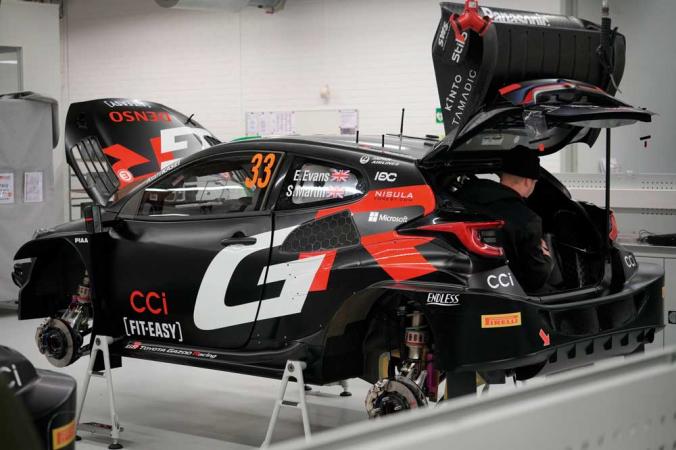Nokia Calls for Disruptive Innovations in Manufacturing
Finland's Nokia was among leading technology companies that inspired listeners at the Reboot Finland D.Day for Manufacturing Industry -event held in Espoo, Finland.
At the gathering Nokia held a presentation giving concrete examples on how emerging IoT technologies and digitalisation will increasingly help the company to disrupt its traditional manufacturing practices and ultimately help it create a Digital factory of the future. Nokia introduced a so-called Conscious Factory –concept that it uses to describe its vision of the future of manufacturing. Nokia’s Oulu factory manufactures high-end telecom network equipment and the company has an ambitious vision to become the Digital factory of the future. This it plans to do through digitalization and by creating highly automated and autonomous factory operations.
- At the Digital factory of the future automation enhances production with excellent quality, cost and supply performance. We want to create a solution that utilizes latest technologies in an industrial environment, by using Nokia’s high speed/low latency 5G connectivity solutions and latest available IoT gadgets, says Erja Sankari, Head of Oulu Factory at Nokia.
Towards Predictive and Preventive Manufacturing
Every industry will be affected by 5G. Network speeds as high as 10Gbps and with extremely low latency are a driving force for new applications that use massive broadband capabilities. 5G will be the platform enabling growth in many industries including manufacturing. 5G will connect the factory of the future and help creating a fully automated and flexible production system. It will also be the enabler of a superefficient infrastructure that saves resources. Immersive augmented & virtual reality are changing business processes already today.
Meanwhile, the Internet of Things (IoT) interconnects “things” and autonomously exchanges data between them. “Things” may be machines, parts of machines, smart meters, cameras, sensors or even everyday objects such as hand-held tools or wearables. This capability will bring tremendous possibilities in production environment.
Sankari says that Nokia aims at having manufacturing that is fully automated based on no-touch principle. Remote supervision and transparent, real time production will the backbones of the operation. The company also aims to utilize possibilities of digitalization, 5G and internet of things to build operations that are self-learning and highly autonomous with automated data handling.
- This means the process should be predictive and preventive to ensure smooth manufacturing processes. Any solution created should be modular and flexible, as it will not be built just for the Oulu factory purposes, but as something that Nokia can utilize over the industries.
- We desire to see disruptive innovations that will change fundamentally the way we work today. The innovation should improve production performance in terms of cost, quality or time. And we want to trial the best ideas in real use immediately.
Sankari admits that for this to happen the company needs to collaborate with innovative partners and focus on building a strong manufacturing ecosystems.
Tekes, CGI, Nokia, Finpro, VTT Technical Research Centre of Finland Ltd and the Technology Industries of Finland are building together a new operation model, D.Day, to catalyst innovations. The D.Day event series cover several Finland's most significant export industries during 2017.
The D.Day -event focused on three key areas: Design for need, Next generation manufacturing and Data as business. The target for the day was to accelerate global ecosystem collaboration among manufacturing industry players to drive the adaptation of emerging IoT technologies and digitalization.
Text: Nina Garlo-Melkas









